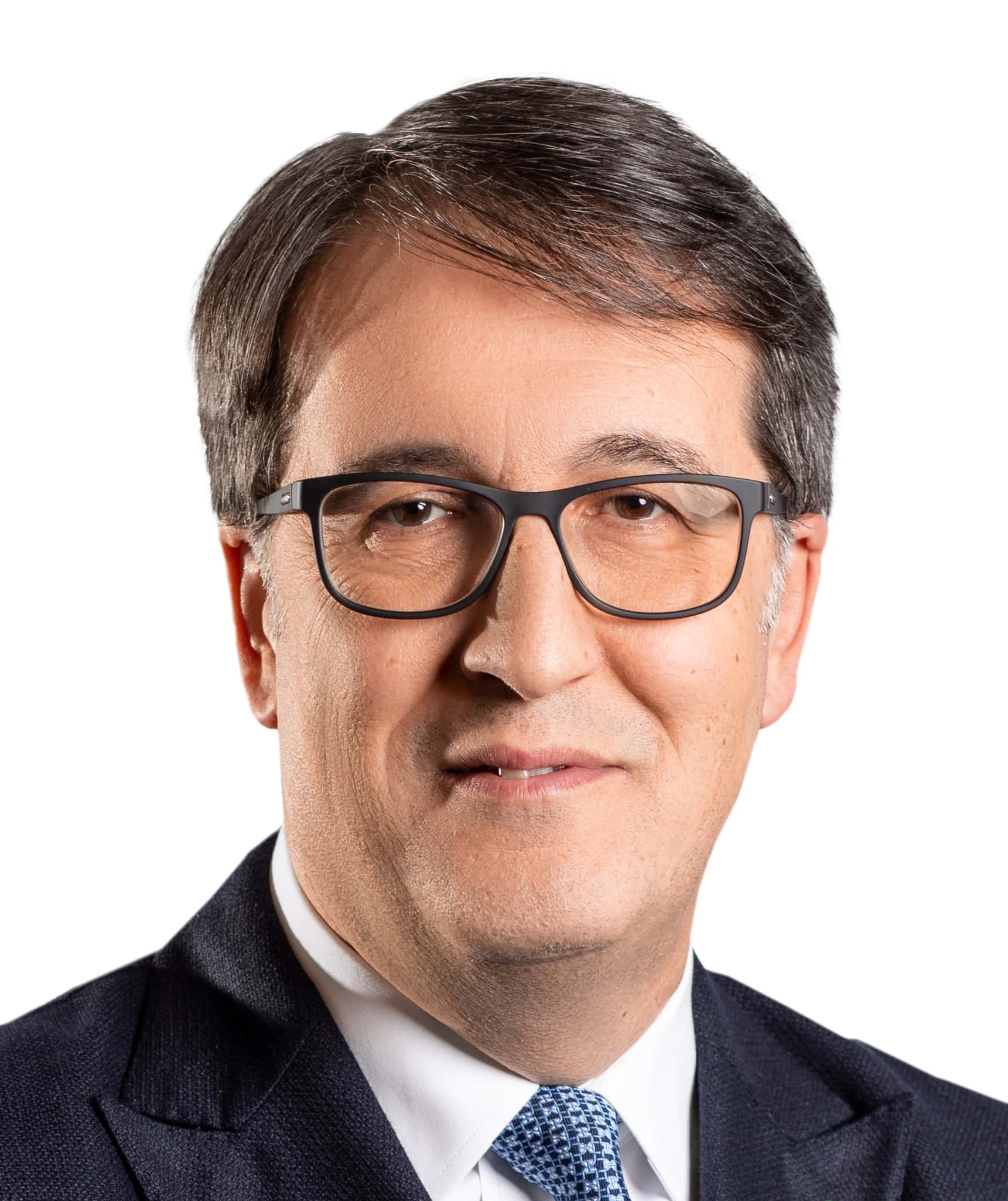Umberto Tossini, Chief Human Capital Officer, speaks about how the automaker supported local communities and the healthcare sector during the coronavirus pandemic.

Global Finance: Italy experienced one of the highest Covid-19 infection rates in Europe. What is Lamborghini’s approach to corporate citizenship?
Umberto Tossini: Our strategy is based on value creation, which is a mid- to long-term view, to ensure that the company is working in the right direction. It’s not only about performance—value creation is much, much more, and specifically for giving. We want to share this value creation. It’s the basis for the very core of our strategy.
GF: If the pandemic were starting again, would you do anything differently?
Tossini: No. We were able to protect our people from getting infected. We had very low numbers of people who were infected, and these people maybe had children in school [Italy kept schools open], or their partner worked at the hospital.
GF: How did Lamborghini decide to pivot its business strategy to help the community?
Tossini: From our relationship with the University of Bologna, we studied the economics of our working position and discovered that the hospital was missing protective equipment for the medical staff. We were in lockdown, but with the limited number of people inside the company we ran this production, which was relatively easy considering our expertise.
We want to know that the root of our success is in the root of our identity through these links. On one side, we are aware about our image and brand all over the world, but we are even conscious and aware considering our level of scale. We have 2,000 employees and a turnover overall of $1.8 billion per year; this is not enough to influence beyond our boundaries. Maybe we have passion for innovation and technologies, but our impact is mainly on the day-to-day operation in Sant’Agata and our neighbors. In this way, we can help our people.
GF: In addition to making medical supplies, Lamborghini also launched a new car, the Huracán EVO RWD Spyder. How did you balance both initiatives?
Tossini: We were working to transform the content of our training courses to our external platform, and this was done together with the experts of the business line. At the same time, the marketing and salespeople were transforming their content for this vehicle to launch in a way that was a useful to foster our engagement through digital and social channels. We apply our presence to social media in a way that is challenging our competitors, despite the fact that our scale is much different. The point is really to foster the creativity and rely on fresh new ideas, because it is about preparing for the future of this company. This crisis was an incredible chance to foster our attitudes toward innovation for a different way of communicating with our community and our people.
GF: How did the Covid-19 pandemic change the relationship with competitors in Italy’s “Motor Valley”? Was there a different spirit of cooperation?
Tossini: Competition is a way to make it happen on the side of emulation, comparison and contribution by all of us. In the past, competition was much more about destroying value, and during the pandemic crisis, we were talking to each other about the perfect way to bring people back at the end of the lockdown. We were discussing protocols, and we were even creating best practices and sharing these between the different companies in the Motor Valley.
We are now in close contact, so maybe in some cases, we can each respond to the community about different issues because we each have different aptitudes and competencies. What is really relevant is not that we win as individuals, but that our idea can win on the basis of the shared practice and the shared values of the community.



